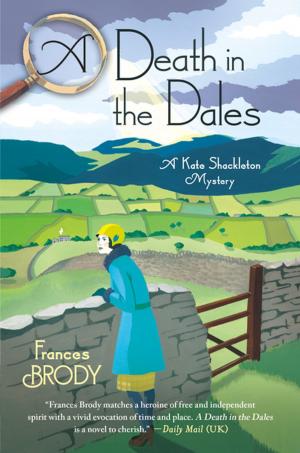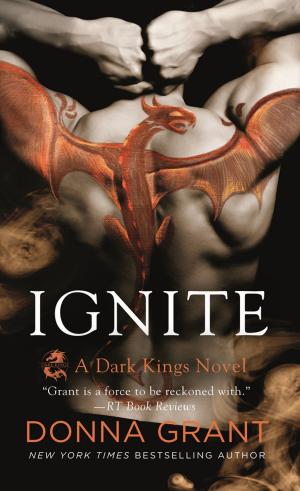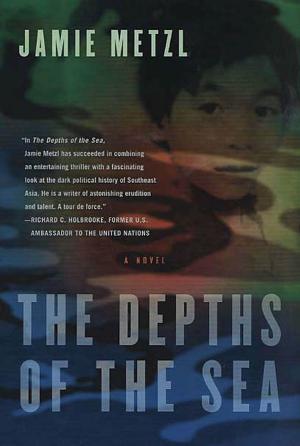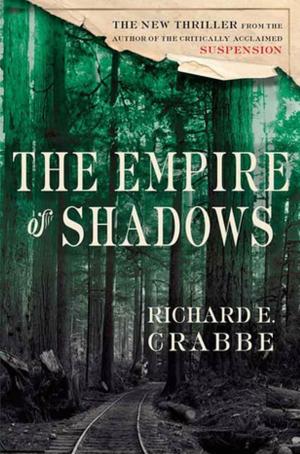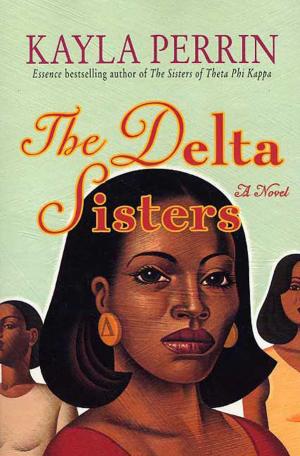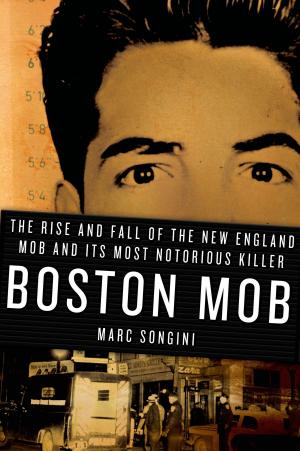Do What Thou Wilt
A Life of Aleister Crowley
Biography & Memoir, Philosophers, Nonfiction, Religion & Spirituality, Occult, Occultism, New Age| Author: | Lawrence Sutin | ISBN: | 9781466875265 |
| Publisher: | St. Martin's Press | Publication: | July 8, 2014 |
| Imprint: | St. Martin's Press | Language: | English |
| Author: | Lawrence Sutin |
| ISBN: | 9781466875265 |
| Publisher: | St. Martin's Press |
| Publication: | July 8, 2014 |
| Imprint: | St. Martin's Press |
| Language: | English |
Do What Thou Wilt: An exploration into the life and works of a modern mystic, occultist, poet, mountaineer, and bisexual adventurer known to his contemporaries as "The Great Beast"
Aleister Crowley was a groundbreaking poet and an iconoclastic visionary whose literary and cultural legacy extends far beyond the limits of his notoriety as a practitioner of the occult arts.
Born in 1875 to devout Christian parents, young Aleister's devotion scarcely outlived his father, who died when the boy was twelve. He reached maturity in the boarding schools and brothels of Victorian England, trained to become a world-class mountain climber, and seldom persisted with any endeavor in which he could be bested.
Like many self-styled illuminati of his class and generation, the hedonistic Crowley gravitated toward the occult. An aspiring poet and a pampered wastrel - obsessed with reconciling his quest for spiritual perfection and his inclination do exactly as he liked in the earthly realm - Crowley developed his own school of mysticism. Magick, as he called it, summoned its users to embrace the imagination and to glorify the will. Crowley often explored his spiritual yearnings through drug-saturated vision quests and rampant sexual adventurism, but at other times he embraced Eastern philosophies and sought enlightenment on ascetic sojourns into the wilderness.
This controversial individual, a frightening mixture of egomania and self-loathing, has inspired passionate - but seldom fair - assessments from historians. Lawrence Sutin, by treating Crowley as a cultural phenomenon, and not simply a sorcerer or a charlatan, convinces skeptic readers that the self-styled "Beast" remains a fascinating study in how one man devoted his life to the subversion of the dominant moral and religious values of his time.
Do What Thou Wilt: An exploration into the life and works of a modern mystic, occultist, poet, mountaineer, and bisexual adventurer known to his contemporaries as "The Great Beast"
Aleister Crowley was a groundbreaking poet and an iconoclastic visionary whose literary and cultural legacy extends far beyond the limits of his notoriety as a practitioner of the occult arts.
Born in 1875 to devout Christian parents, young Aleister's devotion scarcely outlived his father, who died when the boy was twelve. He reached maturity in the boarding schools and brothels of Victorian England, trained to become a world-class mountain climber, and seldom persisted with any endeavor in which he could be bested.
Like many self-styled illuminati of his class and generation, the hedonistic Crowley gravitated toward the occult. An aspiring poet and a pampered wastrel - obsessed with reconciling his quest for spiritual perfection and his inclination do exactly as he liked in the earthly realm - Crowley developed his own school of mysticism. Magick, as he called it, summoned its users to embrace the imagination and to glorify the will. Crowley often explored his spiritual yearnings through drug-saturated vision quests and rampant sexual adventurism, but at other times he embraced Eastern philosophies and sought enlightenment on ascetic sojourns into the wilderness.
This controversial individual, a frightening mixture of egomania and self-loathing, has inspired passionate - but seldom fair - assessments from historians. Lawrence Sutin, by treating Crowley as a cultural phenomenon, and not simply a sorcerer or a charlatan, convinces skeptic readers that the self-styled "Beast" remains a fascinating study in how one man devoted his life to the subversion of the dominant moral and religious values of his time.


